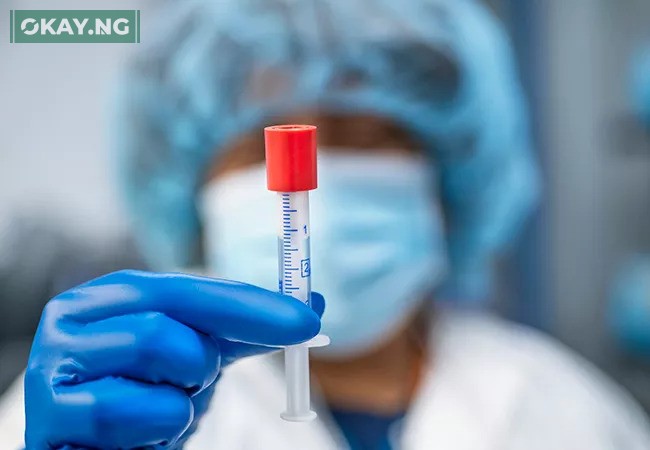Breast cancer is a condition that affects millions worldwide, and the journey doesn’t end even after initial treatment.
Recurrence is a concern for many survivors, but recent advancements in medical technology have introduced a new ally in the fight against breast cancer: the recurrence blood test.
This article will delve into the most asked questions about this groundbreaking test.
Understanding the Breast Cancer Recurrence Blood Test
The breast cancer recurrence blood test is a form of liquid biopsy that detects circulating tumor DNA (ctDNA) in the blood. It’s an “ultra-sensitive” test capable of picking up traces of a tumor’s DNA before a full relapse occurs.
How Does the Test Work?
The test works by analyzing blood samples for ctDNA, which are tiny fragments of DNA released into the bloodstream by cancer cells. By detecting these fragments, the test can predict the likelihood of cancer returning.
What Makes This Test Different?
Unlike traditional methods, this blood test can predict the return of breast cancer months or even years before patients relapse, with some studies showing a 100% accuracy rate in predictions. It’s a significant leap forward in early detection and treatment.
Most Asked Questions
Here are some of the most frequently asked questions about the breast cancer recurrence blood test:
Can the Test Predict the Exact Time of Recurrence?
While the test cannot predict the exact time of recurrence, it can detect signs of cancer much earlier than traditional scans. On average, the test detected cancer 15 months before symptoms appeared or the illness showed up on scans.
Is the Test Available to All Breast Cancer Survivors?
Currently, the test is still in the research phase and not widely available. However, it holds promise for becoming a standard part of post-treatment monitoring in the future.
How Can This Test Change Treatment Plans?
By detecting recurrence early, treatment can begin sooner, potentially before the cancer has a chance to spread. This could significantly improve survival rates and quality of life for survivors.
Table: Key Features of the Breast Cancer Recurrence Blood Test
| Feature | Description |
|---|---|
| Sensitivity | Detects ctDNA with high accuracy |
| Prediction | Months to years before traditional methods |
| Accuracy | Up to 100% in predicting recurrence |
| Impact | Allows earlier treatment intervention |







